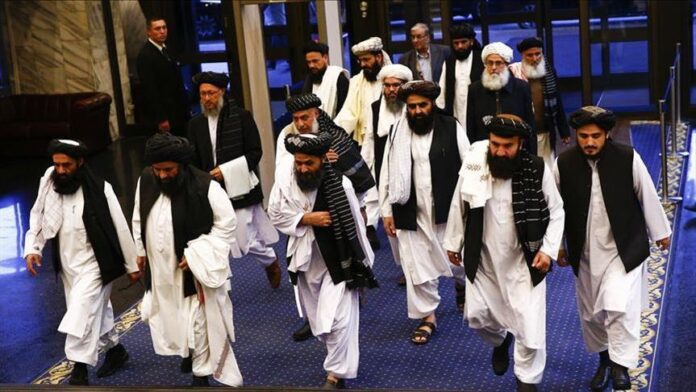The de facto Afghan government grapples with international legitimacy amidst widespread criticism and cautious diplomatic interactions.
Having ruled Afghanistan for over two years, the Taliban’s attempt to gain international recognition encounters significant obstacles. This ambition for international legitimacy is shadowed by their controversial policies, particularly those on women’s rights and continuous security concerns.
During a Stimson Center event, Thomas West, the U.S. special representative for Afghanistan, remarked, “Steps toward normalization, I think, are not going to be possible. And I think there will remain remarkable unity among the international community until and unless we see a significant change in their [Taliban] treatment of the population.”
The main reservations of the international community revolve around the Taliban’s repressive measures against women and their claim of an ‘inclusive’ government. West further illuminated the essentiality of the Taliban’s need “to establish a more inclusive political system and guarantee women’s rights to education and work” as criteria for normal relations.
Yet, some developments hint at progress. Muslim-majority countries, such as Qatar and Indonesia, along with the Organization for Islamic Cooperation (OIC), have shown proactive engagement. A delegation from the OIC recently aimed to persuade the Taliban to “lift the ban on women’s secondary education and work.” Despite such endeavors, the Taliban maintains that their interim government is sufficiently inclusive.
On security, West stated, “First, the Taliban need to fundamentally fulfill their security obligations.” While al-Qaida is at a “historic nadir”, concerns linger regarding other extremist groups present within Afghanistan.
Highlighting the route for genuine transformation, West declared, “If a change has to occur on allowing women to return to secondary schools…it’s going to come from inside the country. It is not going to come because I asked for it. … It will be an internal matter.”
The world’s gaze is fixed on the Taliban as they stand at a crucial juncture: they are caught between the aspirations for international acceptance and the challenges of reconciling external demands with deep-seated ideologies, which are often met with skepticism and disapproval at home and abroad.
Critics both within and beyond Afghanistan argue that one of the pressing issues, the shuttering of girls’ schools, isn’t rooted in cultural or religious tenets. It is, they believe, a choice of the Taliban leadership, which does not mirror the general wishes or sentiments of the Afghan populace




